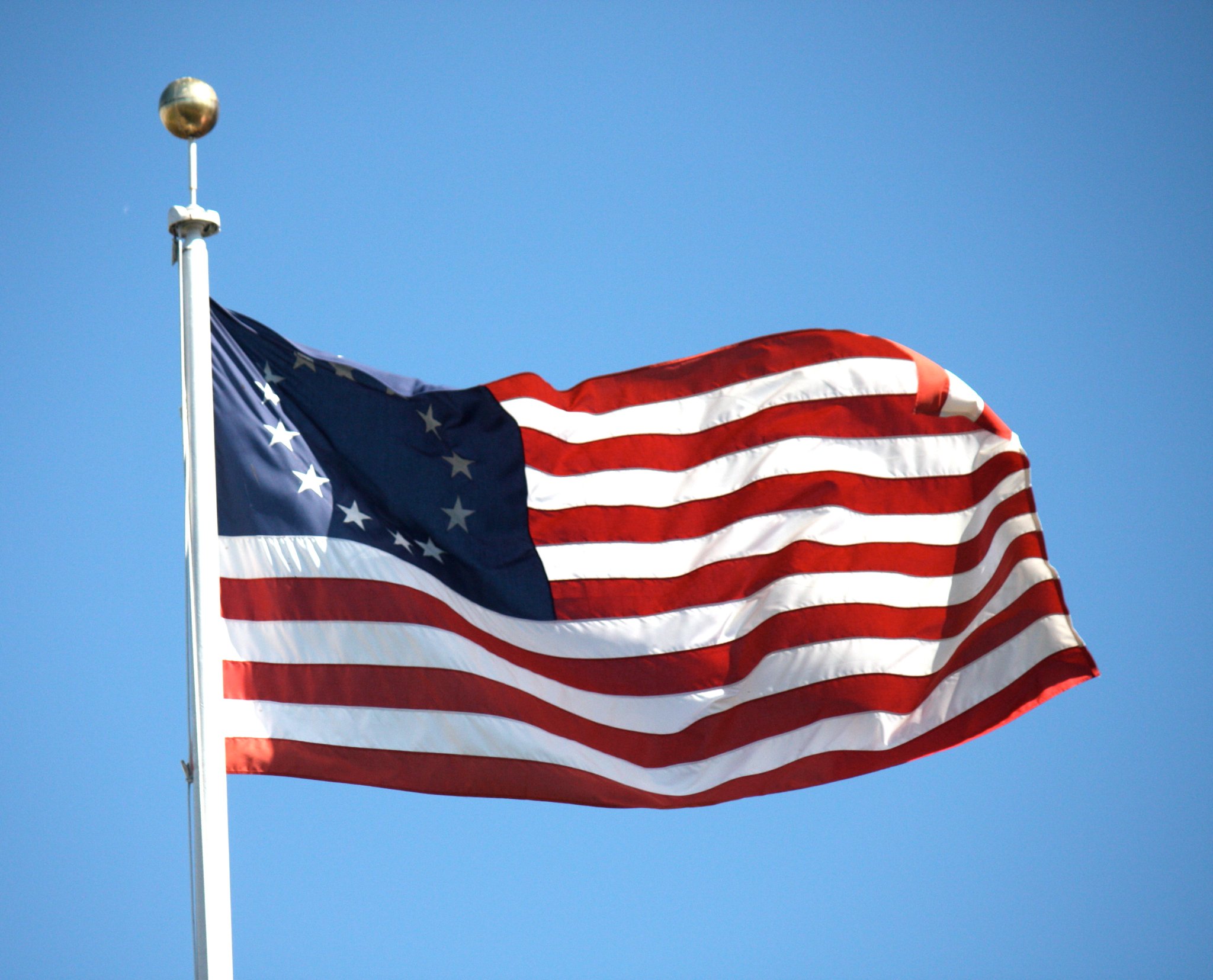JULY 1, 2022 – (Cont.) “In larger groups—a city, a state, a country, a public corporation or institution—you’ll not find pure democracy, but rather varying forms of representative democracy. At the national level, this is called a republic. But don’t be fooled. There’s a very weird, very cruel, very dictatorial, authoritarian country on the other side of our globe called the ‘Democratic People’s Republic of Korea.’ For propaganda purposes, the original king-dictator, Kim Il-Sung, inserted both ‘Democratic’ and ‘Republic’ into the name and for extra effect, included ‘People’s.’ In fact, there’s never been anything remotely democratic, republican, or pro-the-people about that country.”
I went for another cookie and a refill of lemonade.
“Back to this place you call America, how does your democracy or republic or whatever it is operate?”
“Yes, well, first a little background. Five hundred thirty years ago, the combined landmass of what we now call North and South America was sparsely inhabited by people whose ancestors had arrived from Asia thousands of years before. In some areas, fairly sophisticated societies developed, but across most of the land, the inhabitants—mostly organized into loosely confederated tribes—were few and far between.
“Things changed radically when a white guy from Europe named Columbus under the auspices of the King and Queen of Spain landed on a Caribbean island. His arrival led to the biggest disruption ever to beset this half of the earth. Within a decades, Spanish, Portuguese, English, and French explorers, missionaries, and adventurers found their way to what became known as the “New World” to Europeans. In 1619, the first African slaves were brought here. A year later, the first religious zealots, called the Pilgrims, settled in what later became the northeast part of America. These newcomers from Africa and Europe brought diseases unknown to the indigenous people, who thus had no immunity, and the consequences were disastrous. This unrelenting influx of people from across the Atlantic Ocean spelled the doom of all natives of the New World.”
The alien’s filaments flashed bright red. “I’m thinking this wasn’t a good thing.”
“Depends on your perspective,” I said.
“From the natives’ viewpoint, it was genocide. From the newcomers’ angle, it just meant an easier land grab—though I don’t want you to think the natives who survived the deadly onslaught of disease didn’t put up stiff and bloody resistance—they did, but in the end, they were outnumbered and were essentially obliterated.”
“Sounds like—what’s the word . . .” The alien’s filaments turned a steady green-blue in an apparent search of the creature’s downloaded lexicon. After humming softly for a few seconds, I heard the word, “cruelty.”
“Yes, that would be an apt description.”
“Help me understand, then when, where, and how the concept of democracy developed in this America of yours.”
“Oh, yeah,” I said. “Democracy. It’s a complicated story and less than perfect. By the time European settlement of North America got under way, tendencies in the direction of limited self-rule had advanced in England, whence came most of the settlers of our Eastern Seaboard. Three hundred earth years ago, the British-controlled territory of what’s now America was assembled into 13 colonies. Borrowing from the homeland, they adopted self-governance—limited to white, males of some means—subject, however, to the executive authority of the king and parliament back in England.” (Cont.)
(Remember to subscribe to this blog and receive notifications of new posts by email.)
© 2022 by Eric Nilsson
